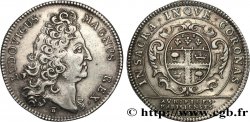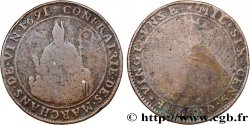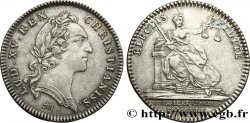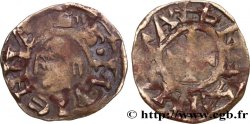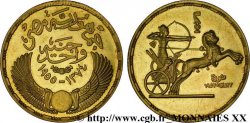fjt_770320 - CORPORATIONS CORPORATIONS : Jurés Vendeurs de volaille 1709
Not available.
Item sold on our e-shop.
Price : 30.00 €
Item sold on our e-shop.
Price : 30.00 €
Type : CORPORATIONS : Jurés Vendeurs de volaille
Date: 1709
Metal : gilt brass
Diameter : 29 mm
Orientation dies : 12 h.
Weight : 7,63 g.
Edge : Lisse
Rarity : R1
Coments on the condition:
Patine hétérogène avec la présence de taches sombres
Catalogue references :
Predigree :
Jeton provenant de la Collection MARINECHE
Obverse
Obverse legend : LUDOVICUS. MAGNUS. REX.
Obverse description : Tête à droite de Louis XIV.
Obverse translation : Louis le Grand, roi.
Reverse
Reverse legend : PRODERIT. HIS. PECUS. UT. VOLUCER ; À L'EXERGUE : JUREZ. VENDEURS. CONT. DE. VOLAILLE. 1709.
Reverse description : Adam et Eve nus, vus de face, à gauche du revers, parmi des animaux, au pied de l'arbre au serpent.
Reverse translation : Le bétail, comme la volaille, leur sera utile.
Commentary
Sous le nom peu élégant de "poulaillers" on a désigné pendant plusieurs siècles les marchands de volailles, gibiers en poil et en plume, abattis et diverses petites viandes. Ils se trouvaient en concurrence avec les regrattiers, les rôtisseurs, les cuisiniers-oyers, sans compter les marchands forains qui envahissaient les marchés ; aussi leur métier, libre et sans privilèges, finit par disparaître vers le XVIe siècle, absorbé par le nombre toujours croissant des marchands de l'approvisionnement et par les employés chargés de la surveillance des marchés, pourvus de l'office de vendeur de volailles.
Under the not very elegant name of \"chicken coops\" we have designated for several centuries the merchants of poultry, game in hair and feathers, offal and various small meats. They found themselves in competition with the regrattiers, the roasters, the cook-oyers, not to mention the stallholders who invaded the markets; also their profession, free and without privileges, ended up disappearing around the 16th century, absorbed by the ever-increasing number of supply merchants and by the employees in charge of market surveillance, provided with the office of poultry seller
Under the not very elegant name of \"chicken coops\" we have designated for several centuries the merchants of poultry, game in hair and feathers, offal and various small meats. They found themselves in competition with the regrattiers, the roasters, the cook-oyers, not to mention the stallholders who invaded the markets; also their profession, free and without privileges, ended up disappearing around the 16th century, absorbed by the ever-increasing number of supply merchants and by the employees in charge of market surveillance, provided with the office of poultry seller







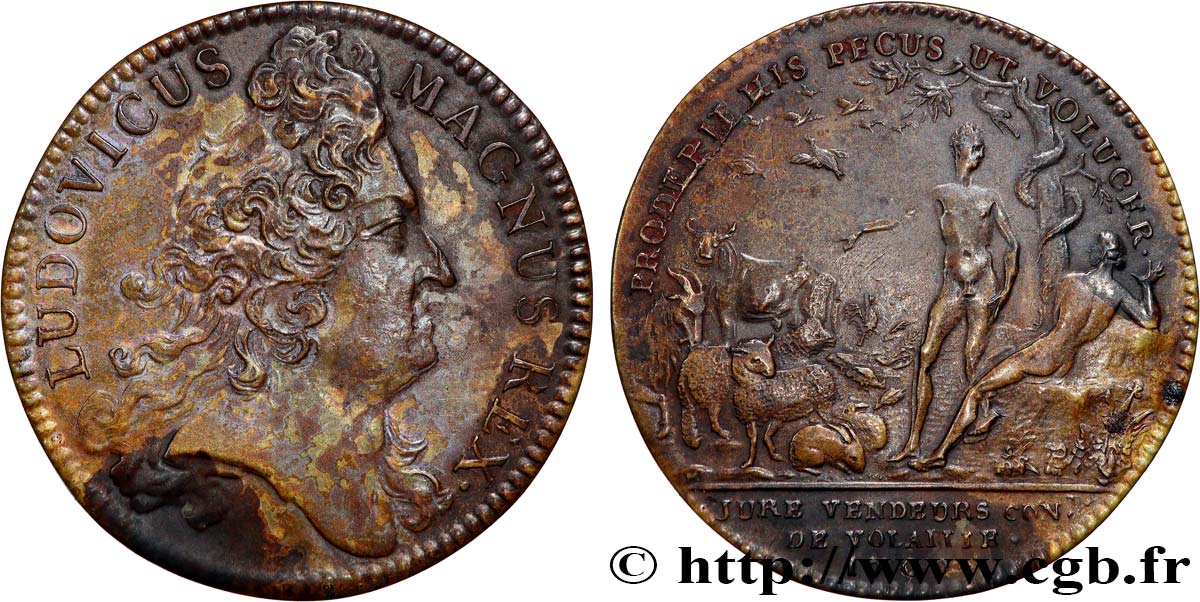
 Report a mistake
Report a mistake Print the page
Print the page Share my selection
Share my selection Ask a question
Ask a question Consign / sell
Consign / sell
 Full data
Full data